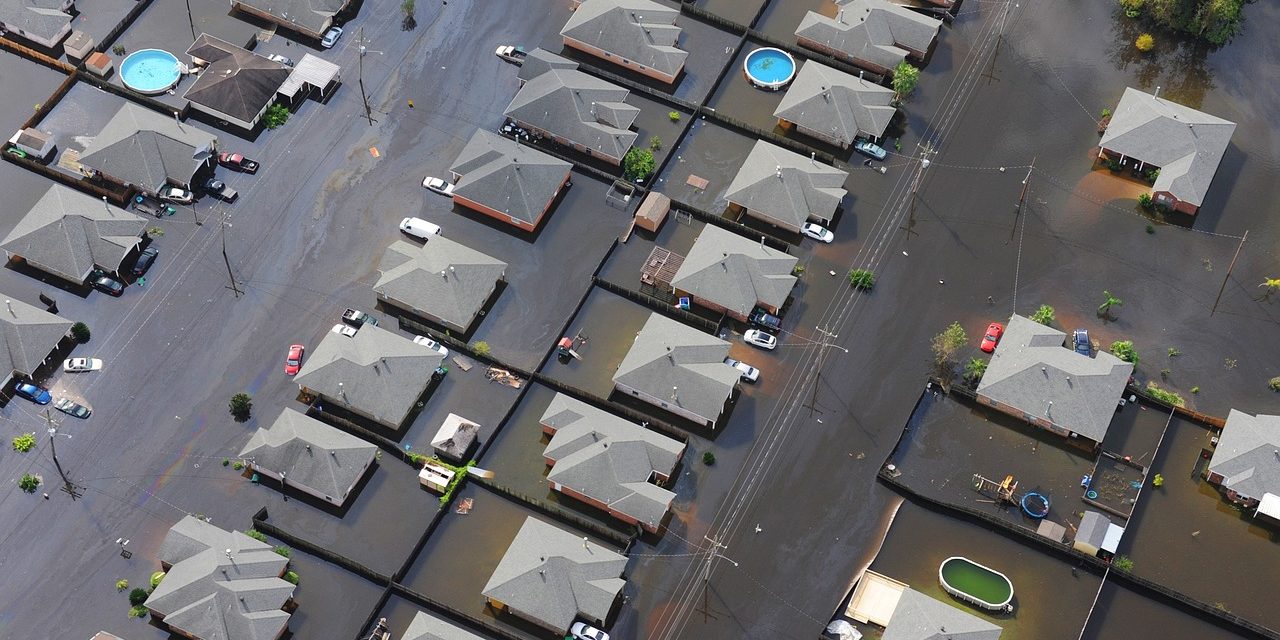This compendium is the most in-depth analysis to date of the importance of building codes in relation to community resilience
Washington, D.C. – The International Code Council and the Alliance for National and Community Resiliency (ANCR) released a new publication on resilience, Building Community Resilience through Modern Model Building Codes. Intended for use by policymakers and government administrators, this unique publication is an approachable compendium of information, graphics, photos and statistics related to community resilience and the building codes.
As natural disasters increase in frequency and severity, strategies for pre-disaster mitigation will save lives, reduce economic costs and support more rapid recovery after a major disaster. Multiple studies have confirmed that adopting and effectively implementing current model building codes is one of the nation’s best defenses against hurricanes, tornadoes, earthquakes, flooding, fire and other natural disasters. A 2014 Federal Emergency Management Agency report estimated approximately $500 million in annualized losses avoided in eight southeastern states due to the adoption of modern building codes.
“There are significant opportunities to advance resilience through investment in pre-disaster mitigation, and we are committed to increasing awareness of the contributions of modern building codes and their direct impact on public safety,” said ANCR Executive Director Ryan Colker. “This new publication illustrates the importance of a comprehensive approach to achieving resilient communities that starts with modern model building codes but recognizes the interconnectedness of community functions.”
The Code Council’s family of comprehensive, coordinated and modern model codes, the International Codes, are the most widely used and adopted set of building codes in the world. ANCR, the Code Council’s resilience subsidiary, is currently developing the nation’s first whole-community resilience benchmarking system to help better prepare U.S. communities from future harm.
For more information about the new publication, visit www.iccsafe.org/resiliencebook.





